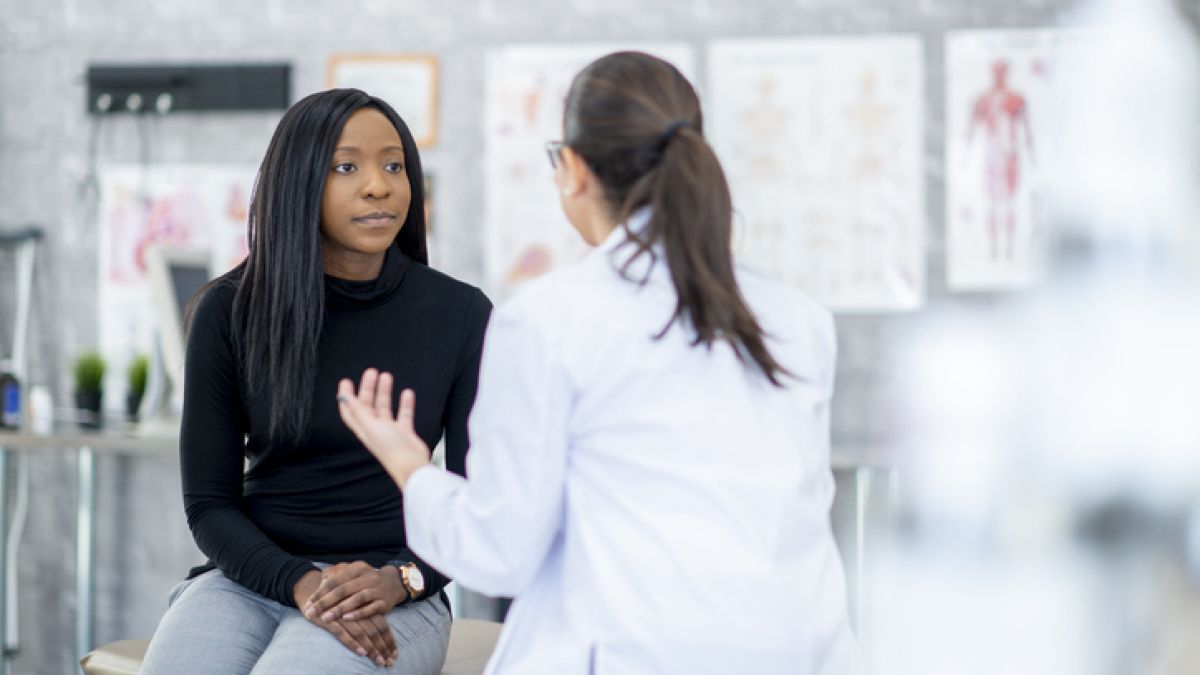Why choose Ochsner Health for your gynecology care?
At Ochsner, when it comes to growing up, planning for a family, going through menopause, and everything else about being a woman, our team of gynecologists is here for you. We're experts who care deeply about helping women stay healthy at any age. We listen to what you're worried about and work with you to solve any problems that might be affecting your body, your mind, how you feel about yourself or your plans for having kids.
Ochsner is special because we offer the kind of focused care you find in hospitals just for women, but with the added comfort of knowing you're being taken care of at one of the best medical centers around. Our gynecologists work closely with other doctors who specialize in different areas—like urogynecology, cancer care specific to women, and mental health—to make sure you get the most complete care possible, looking after every part of you.



















